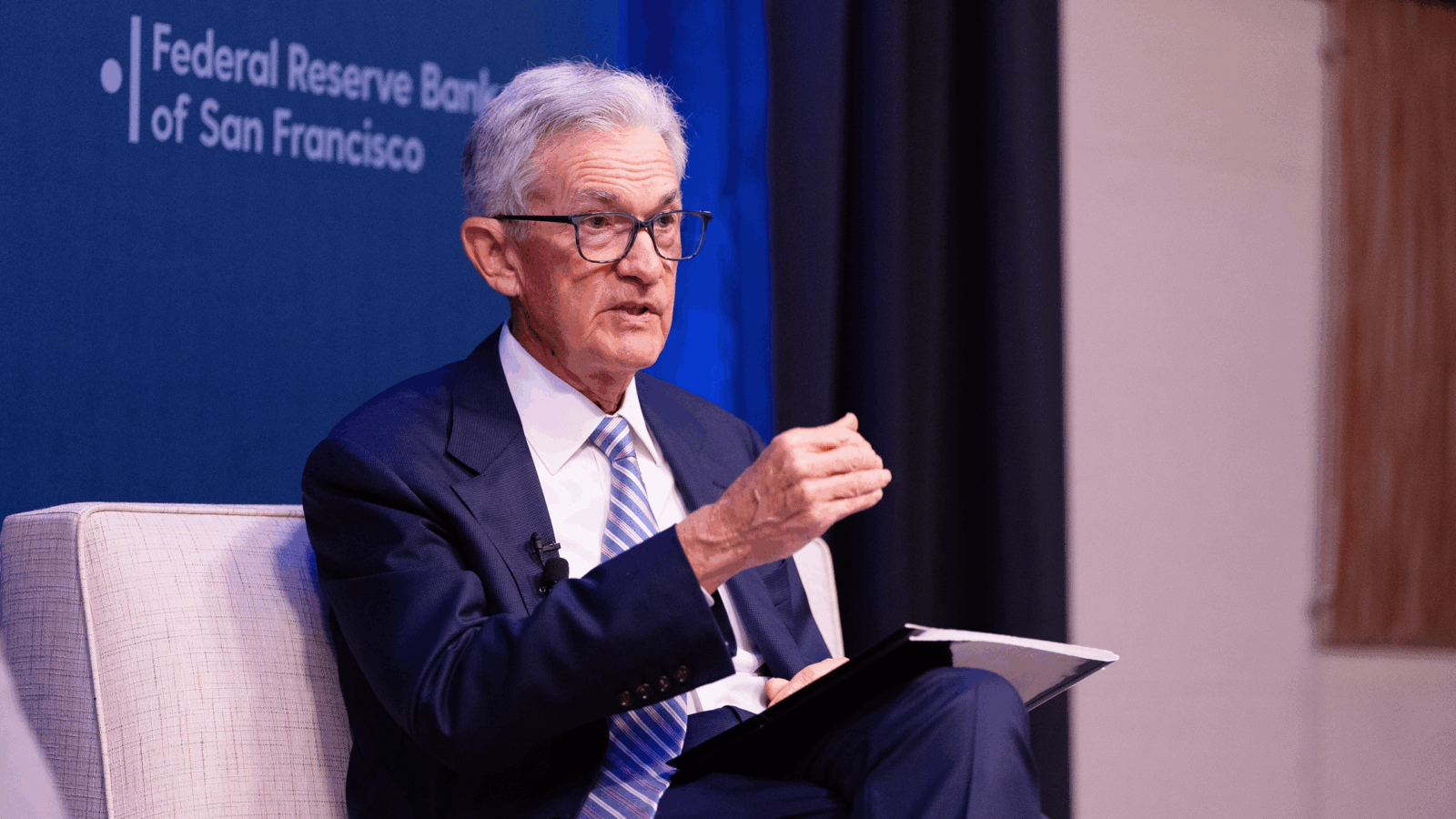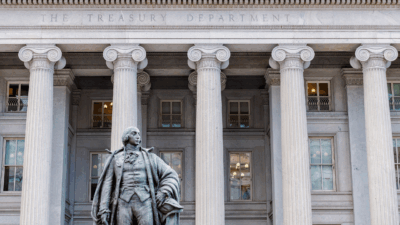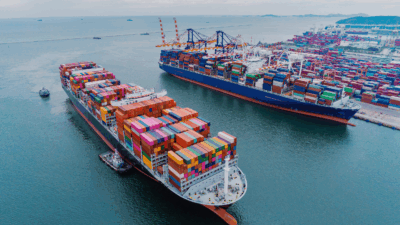
Sign up for smart news, insights, and analysis on the biggest financial stories of the day.
What happens when a country’s foreign currency debt repayments go way up, and its foreign currency reserves go way down?
Unfortunately, it’s not a trick question: that country ends up staring in the face of defaulting on its debt. On Tuesday, several analysts told the Financial Times they think Sri Lanka — which is mired in bills to pay — is on the brink.
A Surfing Paradise Wipes Out
An island nation off the southeast coast of India, Sri Lanka made its first venture into bond markets after a civil war ended in 2009, and while western investors stung by the hangover of the subprime crisis were on the hunt for high-yield assets. The country has since assumed a hefty debt portfolio: $15 billion in bonds, most of them dollar-denominated, and $45 billion in long-term debt, according to World Bank figures. This year alone, Sri Lanka has $7 billion in payments due, but its foreign reserves to make those payments stand at just $3 billion.
Two factors made the situation this bad. First, in 2019 Sri Lanka’s government went on a tax cut binge that led to a 33% decline in the number of registered taxpayers in the country, according to analysts at think tank PublicFinance. As a result, government revenues tanked.
Second, Covid-19 hit, wiping out the island nation’s tourism economy. The world’s major ratings agencies then downgraded Sri Lanka’s debt rating, making it even harder to tap global markets for cash. At this point, the next options look grim at best:
- The government has a $1 billion bond repayment due in July and, if it’s unable to pay, Sri Lanka will join Suriname, Belize, Zambia, and Ecuador as countries that defaulted since the pandemic began.
- Manjuka Fernandopulle, a debt lawyer, told the FT that a bailout from the International Monetary Fund “is the only credible option,” but the IMF will almost certainly insist Sri Lanka restructure its debt with hard-bargaining creditors like China before it even entertains the idea.
Just Do It: “They are demonstrating an amazing willingness to pay,” Richard House, head of emerging market debt at Allianz Global Investors, told the FT. “But why they would want to, I’m a bit flabbergasted. They are bankrupt, pretty much. They are wasting precious FX reserves. It’s just delaying the inevitable.”











